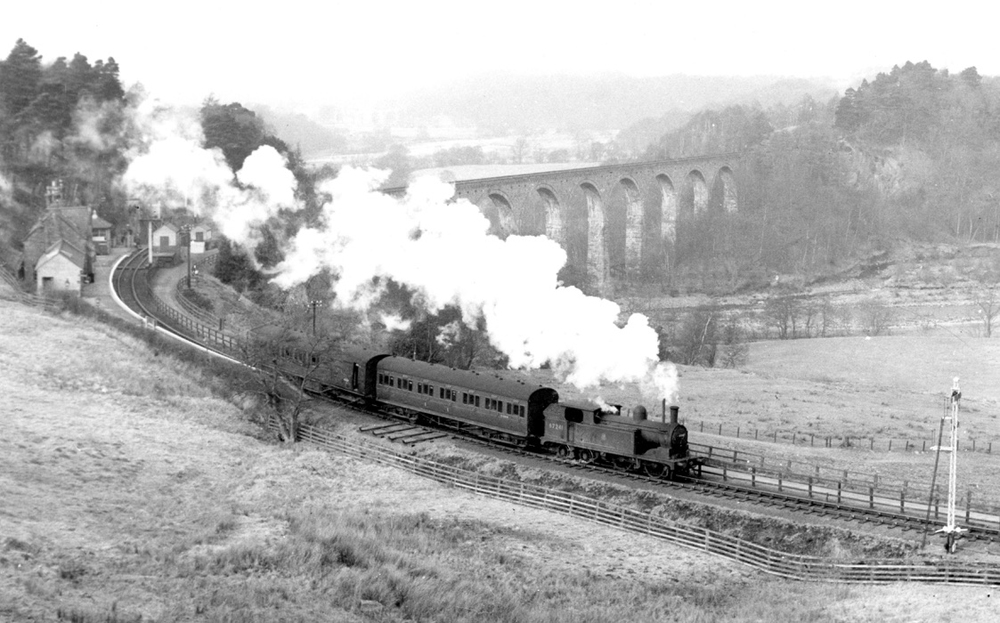
SHILDON, England — British rail enthusiasts have formed several groups to build new steam locomotives as part of the United Kingdom’s thriving heritage rail industry. The trend began with the building of the A1 Tornado, which in 2008 became the first main line steam locomotive built since the end of the steam era. Such a locomotive — capable of 100 mph — is unsuitable for most heritage railways, which are largely branch lines of 10 to 15 miles with speed limits of 25 mph.
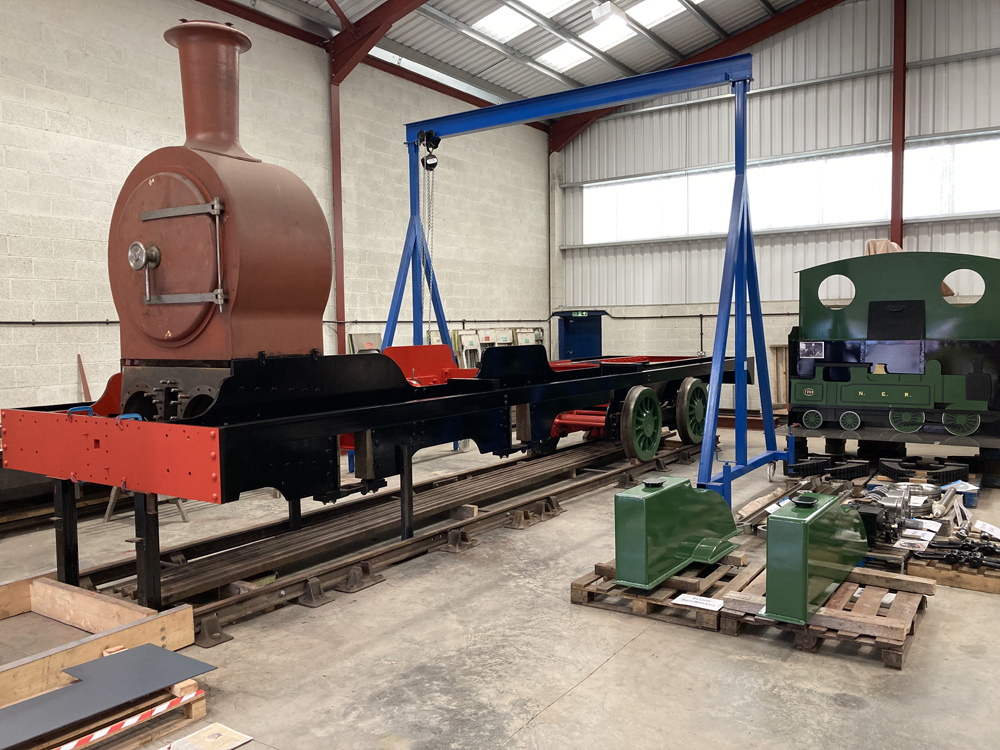
Enter the Class G5 Locomotive Co., which is seeking support for its effort to build an 0-4-4 tank locomotive that it says will be economical to run and maintain with a high route availability, low axle weight and ability to take tight corners.
The North East Railway built 110 of these Class G5 engines between 1894 and 1901, which worked branch lines and semi-fast expresses in Eastern England and the North East of Scotland and were capable of speeds of more than 60 mph. In the late 1950s, they were largely replaced by Diesel Multiple Units. None were preserved.
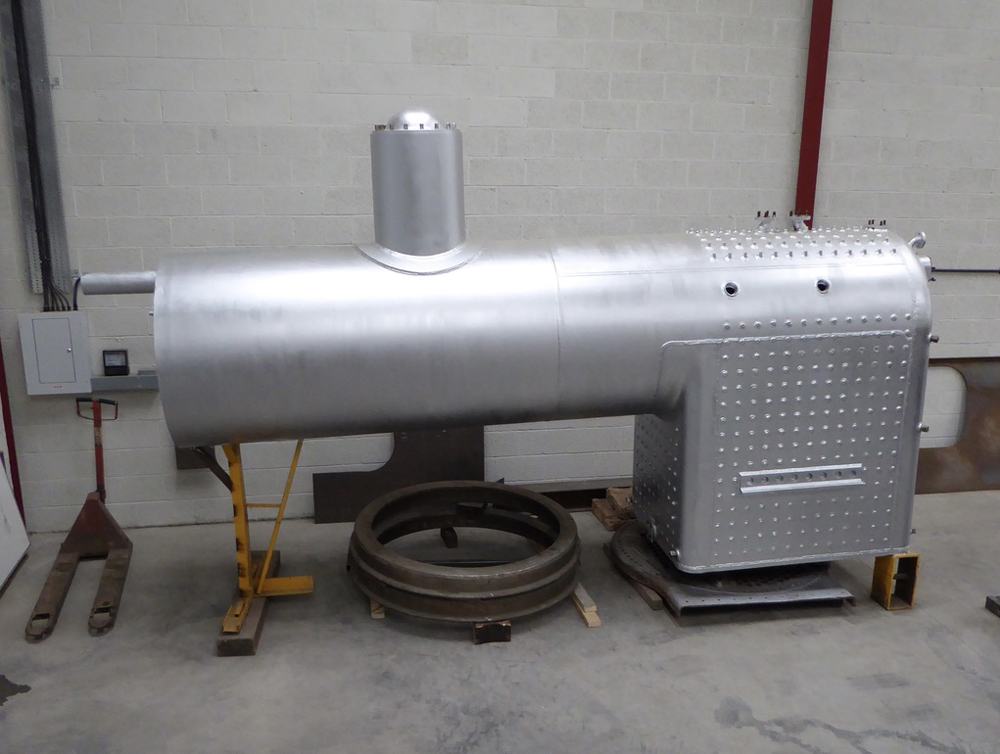
The company began a new build of a locomotive in 2007, using over 130 of the original drawings, and the pace of construction. Where appropriate, modifications have been made owing to advances in materials and techniques and to comply with new regulations for mainline running.
The boiler was manufactured in Darlington (the place where G5 locos were built) and is the largest all-welded, standard-gauge boiler to be built in the UK in 60 years. The frame is fully erected as is the rear bogie. The aim is complete a fully rolling chassis with fully connected motion by the end of the year. A re-machined cylinder bock is currently being reinstalled into the frame. The connecting rods and eccentrics have been forged and machined during the last month.
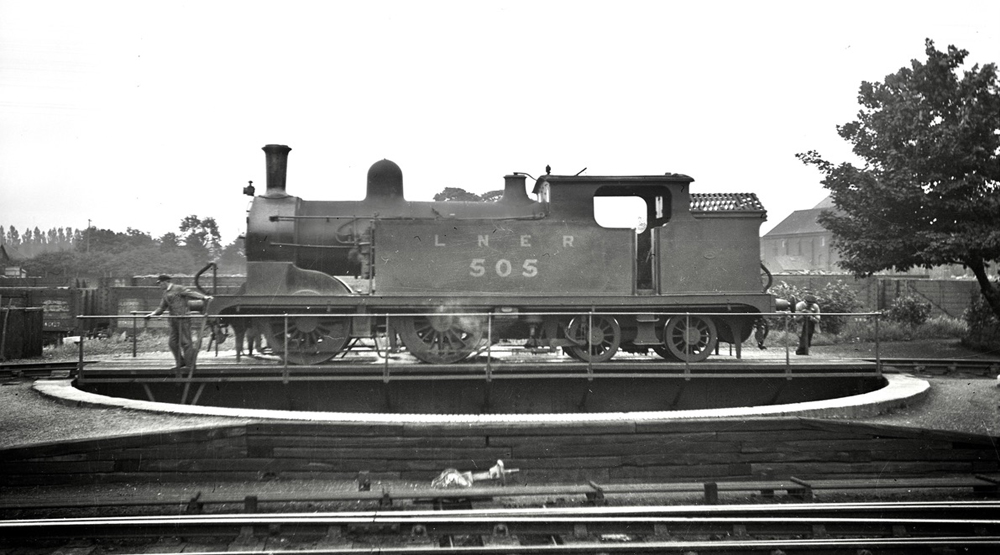
One reasons for the slow and sometimes frustrating progress of construction is the difficulty in finding suitable suppliers of what are by necessity bespoke components. Three out of the four driving wheels, the crank axle and coupling rods are complete. The production of the fourth driving wheel has been fraught with problems. This wheel has been either badly cast or machined on two occasions and both wheels were had to be scrapped. A new order has been placed with a different supplier.
Over a million pounds have been spent so far. It is estimated that a further £500,000 ( $650,000) to complete construction of new-build loco No. 1759 . The construction is predominately funded by monthly “super friend” donations, buying of shares, and dedicated fund raising.
More information on the project is available at its website. To be a super friend, email friends@g5locomotiveltd.co.uk.
— Paul Symonds and Tim Taylor are representatives of the Class G5 Locomotive Co.
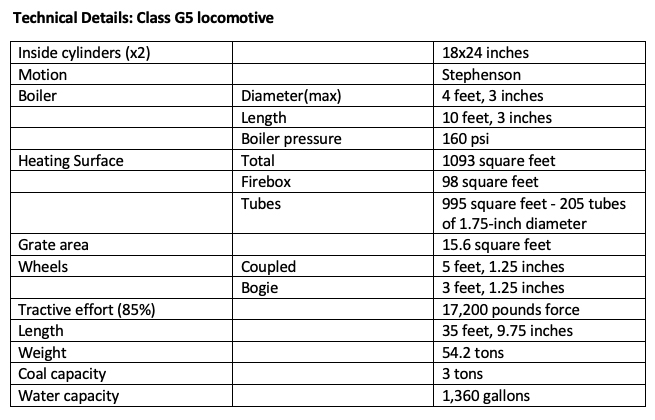







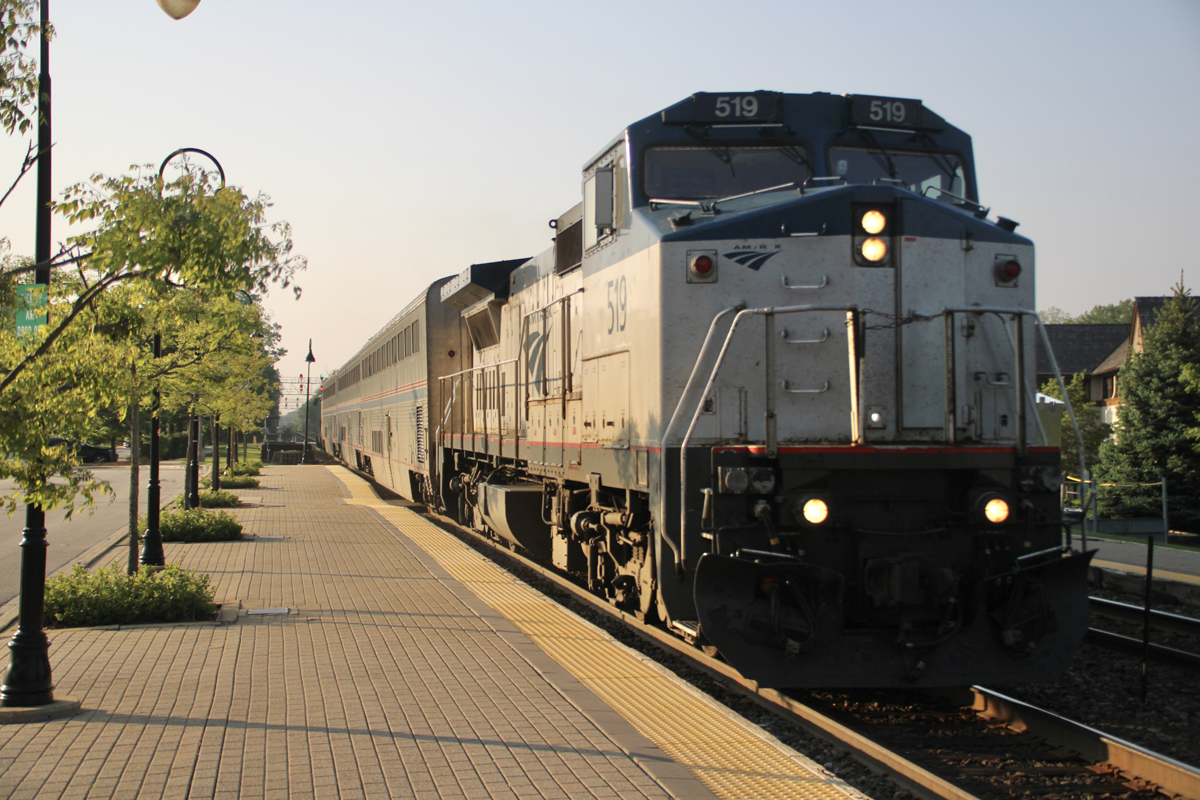
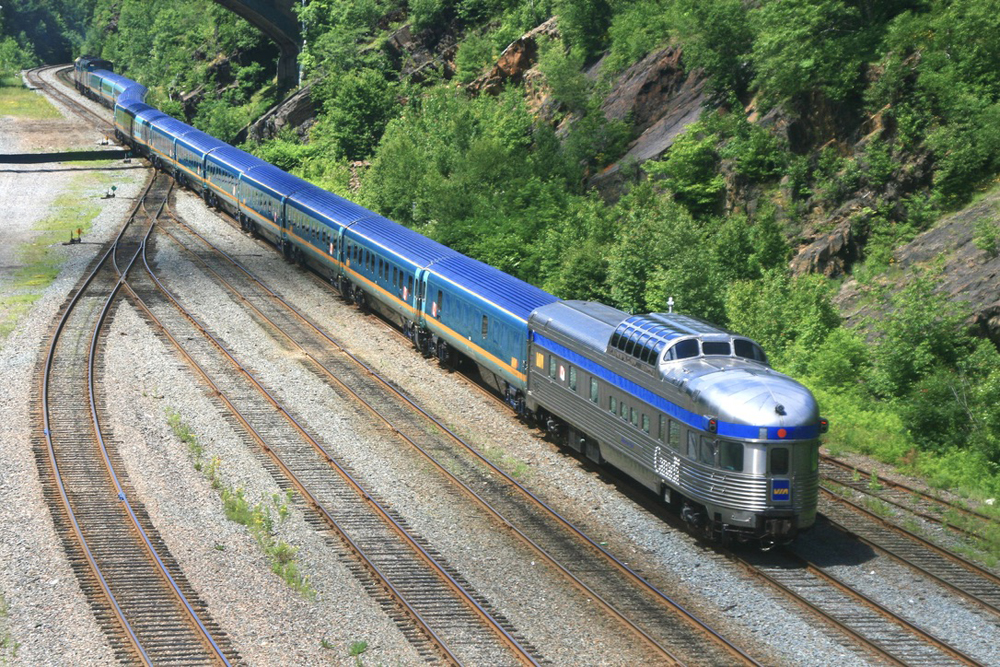
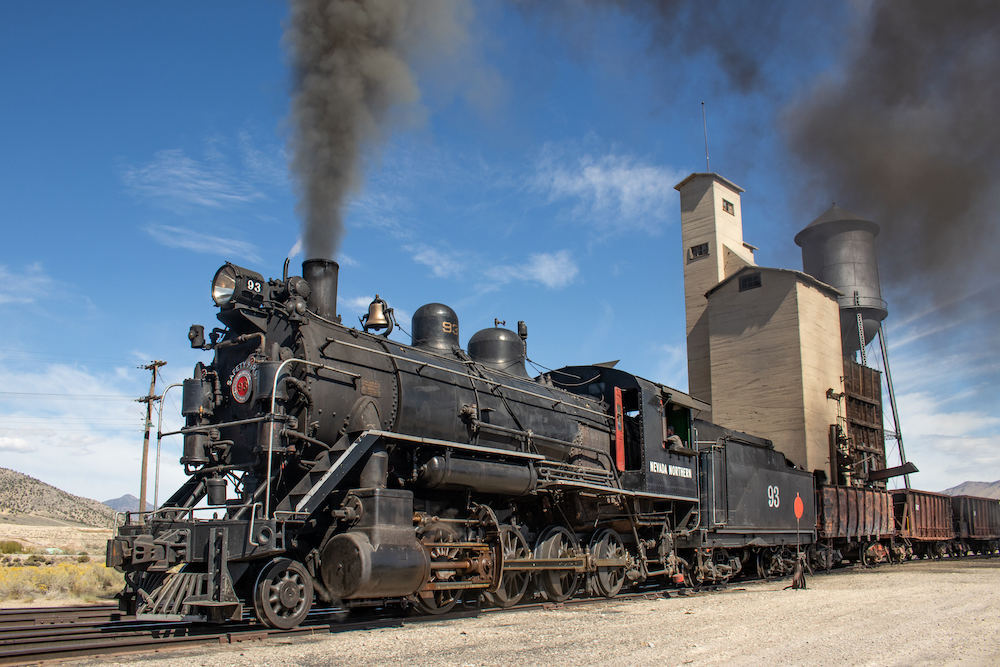




Wow. What a thrill to see Lambley in my county of birth…. By the time I took the train across here in 1961 they were all diesel multiple units with a very clear view forward for the lucky passengers at the front of the train.
The North Eastern Railway ran the G5s on its own metals until 1923 when it formed the middle of three divisions of the new LNER, so the G5s ‘escaped’ north and south into north-east Scotland and East Anglia, in the other two divisions.
I would have thought that an 0-6-0, as opposed to this 0-4-4, would have been more mechanically efficient, as in Thomas the Tank Engine. And if tight turns s an issue, as mentioned above, the flanges on the middle driving wheel could have been eliminated, like on some past Decapods. But then there is the problem with that one driving wheel being difficult to replicate, so I suppose the extra two driving wheels on an 0-6-0 could be potentially that much of a worse problem???
About 30 years ago I visited the Festiniog Railway in Wales and walked over to the shops where I got a tour from the chief (the rest of the staff was watching a rugby game). The big surprise was at the end of the tour in the paint shop where they had a new Fairley 0-4-4-0 being painted. They’ve built several others. A related group has rebuilt the abandoned Welsh Highland between Portmagog (Festiniog’s terminus) and Caernarvon which is worked by Beyer-Garretts (from South Africa). Both lines are very highly recommended. Wonderful scenery too.
Ffestiniog is a must see if a person is visiting the UK. I rode it with my boys a few years back and I was surprised by not just the beautiful scenery, but how dramatic of a railroad it is. I can expecting simple trip through rolling English countryside, not a climb up from the sea that felt like riding the Durango & Silverton at times.
First-rate news! Looking forward to riding the Flying Scotsman next month and I’m leaving open for a trip behind this new loco when it is finished! God Save the King!